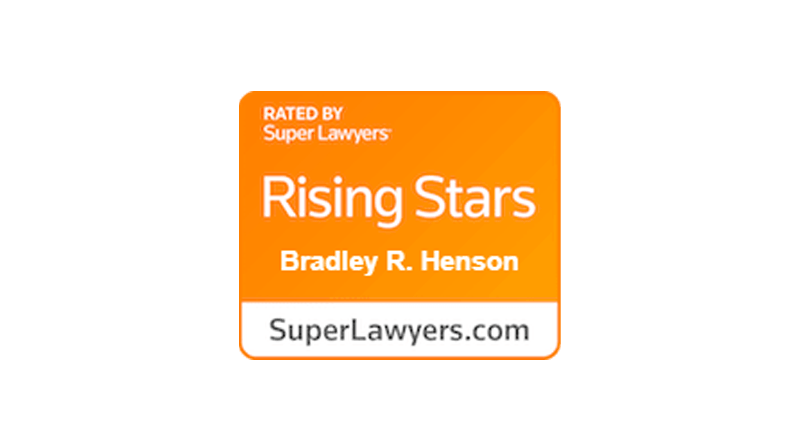Overstaying a visa is more common than many people realize. According to recent DHS statistics, visa overstays account for nearly half of all undocumented immigration in the United States. If you’ve remained in the country past the expiration date on your I-94 and now want to apply for a green card, you may be asking, is adjustment of status still possible?
For many immigrants living in Denver and across Colorado, the answer is: it depends. In certain cases, overstaying a visa doesn’t automatically disqualify you from becoming a lawful permanent resident. But the rules are strict, and your eligibility will hinge on several key factors, including your relationship to a U.S. citizen and how you entered the country.
What Is Adjustment of Status?
Adjustment of status (AOS) is the process of applying for a green card (permanent residency) from within the United States, without having to return to your home country. It allows certain non-citizens to transition from a temporary visa holder (or even someone without current legal status) to a lawful permanent resident while remaining in the U.S.
This is different from consular processing, where the applicant must return to their home country and apply through a U.S. consulate abroad. For people who have overstayed a visa, consular processing often triggers penalties and reentry bars, making adjustment of status a far safer option when available.
Can You Adjust Status If You’ve Overstayed?
In some cases, yes. U.S. immigration law allows certain individuals to adjust status even after a visa overstay, but only if they meet specific eligibility criteria. The most common pathway is through an immediate relative petition:
- You are the spouse of a U.S. citizen
- You are the parent of a U.S. citizen (age 21 or older)
- You are the unmarried child (under 21) of a U.S. citizen
In these situations, the visa overstay is “forgiven” under U.S. law, and you may apply for a green card through adjustment of status, even if you’ve been out of status for months or years. This is one of the few immigration benefits that offers such flexibility, and it has helped countless families in Colorado stay together and move forward legally.
What If You’re Not an Immediate Relative?
If you’re not the immediate relative of a U.S. citizen, overstaying your visa becomes a much bigger problem. In most other family-based and employment-based categories, being out of status makes you ineligible for adjustment. That includes adult children of U.S. citizens, siblings, lawful permanent residents petitioning for spouses, and most employer-sponsored applicants.
In these cases, leaving the U.S. to apply through consular processing could trigger the 3- or 10-year bar, depending on how long you overstayed. If you’ve been unlawfully present for more than 180 days but less than a year, you face a 3-year bar upon departure. If you’ve overstayed for more than a year, you could face a 10-year bar.
This is why it’s essential to speak with an experienced immigration attorney before leaving the country or making any decisions about your application path.
What Are Your Options If You’re Not Eligible for AOS?
If you don’t qualify for adjustment through a family relationship, there may still be other paths available, depending on your background and current situation. Options may include:
- 601A Provisional Waiver: Allows certain applicants to waive the unlawful presence bar before leaving for consular processing.
- U Visa or VAWA protections: If you were a victim of a crime or domestic violence, you may be able to apply for a green card without leaving the U.S.
- Special Immigrant Juvenile Status (SIJS): For minors who have been abused, abandoned, or neglected by one or both parents.
- Asylum or humanitarian parole: In cases involving danger or persecution in your home country.
Each of these paths has its own eligibility requirements and documentation burdens. Our adjustment of status attorneys can help determine the best legal strategy based on your immigration history and long-term goals.
What If You’re in Removal Proceedings?
Even if you’ve overstayed your visa and are now in deportation proceedings, you may still qualify for adjustment of status. Immigration judges have the authority to grant AOS in court under specific circumstances, especially if you’re married to a U.S. citizen or have another qualifying petition pending.
You may also be eligible for other forms of relief, such as cancellation of removal or asylum. If you’ve received a Notice to Appear (NTA) or are scheduled for a court hearing in Denver immigration court, don’t delay. Get legal help immediately to avoid missing crucial deadlines or making your situation worse.
Common Misconceptions About Visa Overstays
There’s a lot of confusion and misinformation about visa overstays. Let’s clear up a few myths:
- Myth: If you overstay, you’re permanently banned from getting a green card.
Truth: Not necessarily. Immediate relatives of U.S. citizens often qualify for AOS despite an overstay. - Myth: If I marry a U.S. citizen, my status is automatically fixed.
Truth: Marriage opens the door, but you still need to go through the formal application process and meet all eligibility requirements. - Myth: If I leave the U.S., I can just reapply and return.
Truth: Departing after an overstay may trigger reentry bars of 3 or 10 years.
Why You Should Act Now
Immigration laws are complex and always changing. New policies, increased scrutiny, and procedural delays make it more important than ever to build your case correctly the first time. The consequences of guessing wrong or relying on outdated information can be devastating.
Our team works with families and individuals across Denver and Colorado to assess eligibility, prepare strong petitions, and advocate for fair outcomes. Whether you entered on a student visa, tourist visa, or work permit, we’ll review your options and guide you toward the best legal path.
Get Answers You Can Trust
If you’ve overstayed your visa but want to apply for a green card, don’t assume the door is closed. There are exceptions, waivers, and strategies that may still allow you to remain in the U.S. lawfully. We’ll evaluate your situation thoroughly and help you avoid unnecessary risks.
Contact Pachuta & Kammerman today to schedule a confidential consultation in Denver. Let’s find out if you qualify for adjustment of status and help you move forward with clarity and confidence.











